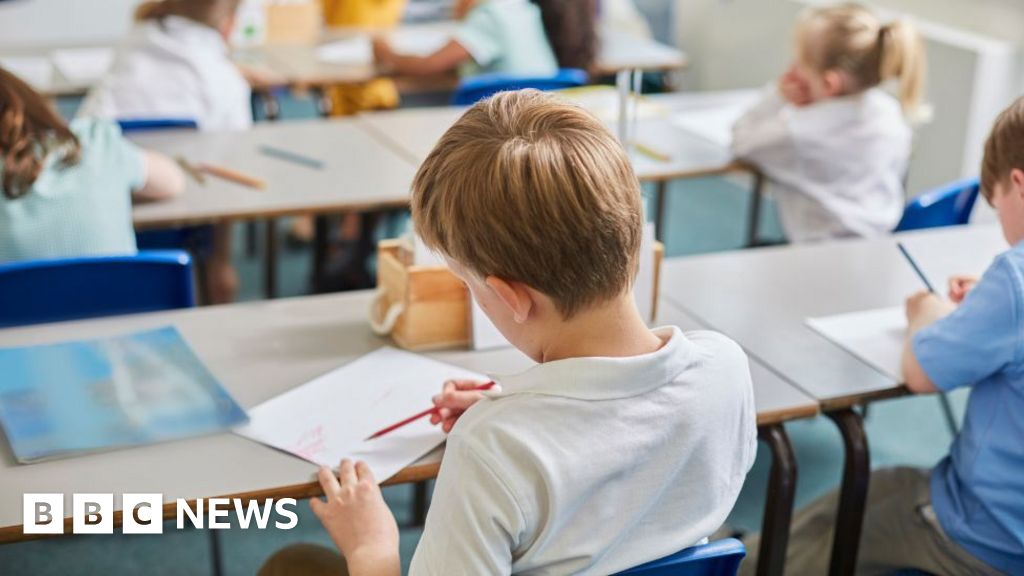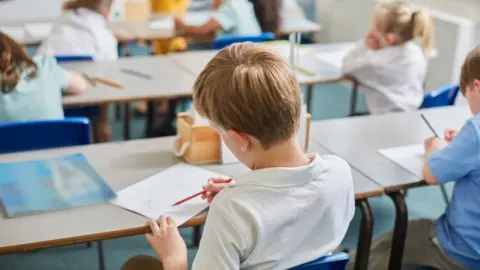Bussiness
Scotland incorporates UN children’s rights charter into law

 Getty Images
Getty ImagesScotland is becoming the first part of the UK to incorporate a UN charter on children’s rights into law.
The United Nations Convention on the Rights of the Child (Incorporation) (Scotland) Bill comes into force on Tuesday.
The act will require all Scotland’s public authorities, including the government, to seek to protect children and young people’s rights, to consider them when making policy decisions and make it unlawful for them to contravene UNCRC requirements.
It will also allow children and young people to use the courts to enforce their rights.
Children’s Minister Natalie Don described it as a “landmark moment”.
The United Nations Convention on the Rights of the Child (UNCRC) sets out children’s rights relating to health and education, leisure and play, fair and equal treatment, protection from exploitation and the right to be heard.
A Holyrood bill incorporating it into law was originally passed in 2021 but the UK Supreme Court ruled some provisions were outside the Scottish Parliament’s competence and would have impacted on Westminster legislation.
An amended version of the the bill went through a reconsideration stage at Holyrood in February.
The government said it was changed “to reflect our new understanding of the Scottish Parliament’s devolved competence”.
‘Much more to do’
Nicola Killean, Children and Young People’s Commissioner Scotland, said the act coming into legal force was a “historic” moment.
“All children will have more protection,” she said.
“That’s important for all children in Scotland, but it’s especially vital for those whose rights are most likely to be ignored or violated – those whose rights are most at risk.
“That includes disabled children, those living in poverty, young carers, care experienced children, and black and minority ethnic children.”
The act will allow the commissioner’s office to intervene in legal matters and to bring cases forward when children and young people’s rights are not being respected.
Ms Kilean said Scotland had taken “huge leaps forwards” on children’s rights but warned further education was needed.
“We can’t afford to let complacency creep in, there is much more to do,” she added.
Joanna Barrett, NSPCC associate head of policy for the nations, said it was “a momentous day for babies, children and young people in Scotland”.
“Among its provisions, the convention sets out children’s right to be safe and their right to access support services to help them recover from abuse or neglect,” she said.
“Enshrining these rights in law should lead to significant changes for Scotland’s children, be it better including recognition of infants’ rights and lived experiences in the children’s hearing system, more protection for children from abuse online or suggest and better provision of therapeutic services for children across the country who have suffered abuse.”









